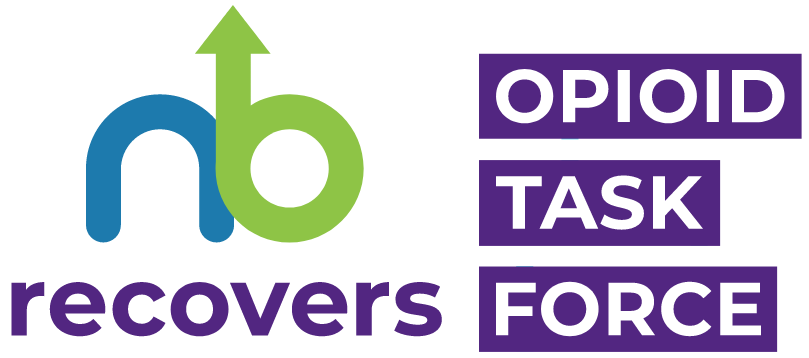On July 9, 2019, Connecticut Governor Ned Lamont signed into law Public Act No. 19-191 “An Act Addressing Opioid Use” (PA 19-191). PA 19-191 makes various revisions to Connecticut’s opioid use prevention and treatment statutes, and also creates new legislation pertaining to opioid use prevention and treatment. The following provisions of PA 19-191 are relevant to health care providers and hospitals:
Effective October 1, 2019
Starting January 1, 2020, hospitals are required to administer a mental health screening or assessment to patients treated for nonfatal opioid overdoses, as long as the screening or assessment is medically appropriate. Results of the screening or assessment must be provided to the patient or to the patient’s parent, guardian or legal representative, if medically appropriate.
Prescribing practitioners who prescribe opioids for the treatment of pain with more than a 12-week supply are required to establish a treatment agreement with the patient or discuss a care plan for chronic opioid use. “Prescribing practitioner” means a physician, physician assistant, advanced practice registered nurse and certain other providers licensed by the state of Connecticut who are authorized to prescribe medication. The treatment agreement or care plan should include treatment goals, opioid use risks, urine drug screens and treatment expectations. The prescribing practitioner must record the treatment agreement or care plain in the patient’s medical record.
Current law requires that pharmacists offer consultation to Medicaid patients when dispensing a drug. PA 19-191 expands that requirement so pharmacists are required, with limited exception, to offer such a consultation to all patients when dispensing a drug. The new legislation applies to pharmacies and hospital pharmacies that dispense drugs for outpatient use or drugs prescribed for an employee or an employee’s spouse or children. Pharmacists must keep a record for three years of counseling provided and of a patient’s refusal or inability to receive counseling.
DHMAS-operated or -approved drug treatment programs must educate patients with opioid use disorder, and their relatives and significant others, on opioid antagonists and how to administer them. Additionally, prescribing practitioners affiliated with a treatment program must deliver or issue a prescription for at least one dose of an opioid antagonist to a patient that the prescriber determines would benefit from it. The prescription must be issued when the patient is admitted to the program or first receives treatment services.
